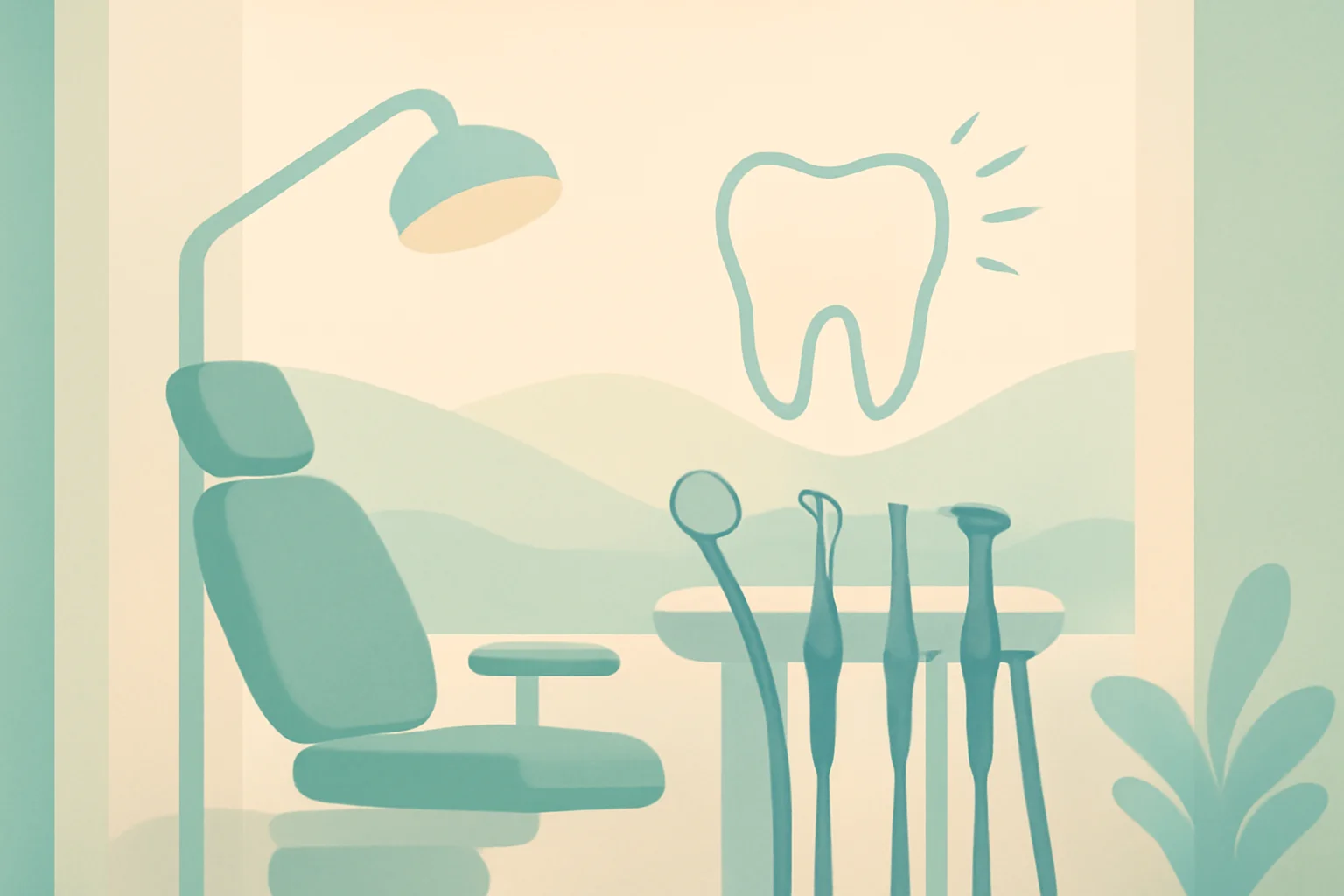
Aphthae and Oral Surgery: Effective Solutions for Pain Relief
A oral problems cause discomfort in many people’s lives, and although many do not attach great importance to them, pain and lesions in the mouth can indicate more serious issues. Canker sores and oral abscesses are the two most common oral lesions that are often confused, even though they are characterized by different causes and symptoms. Canker sores typically appear as small, painful ulcers inside the mouth, on the gums, tongue, or palate, while an oral abscess usually refers to inflammation around the roots of the teeth, which can cause more severe symptoms.
Pain, swelling, and inflammation can accompany various oral conditions, and while many may be inclined to resort to medications or home remedies, it is important to always pay attention to the signals our body sends. Oral problems can affect not only our physical health but also our mental state, as pain and discomfort influence eating habits and our daily activities.
Since oral problems are extremely common, it is beneficial to be aware of the differences between canker sores and oral abscesses, and when it is advisable to consult a doctor. This article will provide a detailed overview of canker sores and oral abscesses to assist in making an accurate diagnosis and determining the necessary treatment.
Canker sore: What is it and how does it develop?
A canker sore, also known as aphthous stomatitis, is a relatively common issue that occurs on the mucous membranes of the mouth. These small, painful ulcers are often round or oval in shape and have a white or yellowish center surrounded by a red inflamed border. Canker sores typically last for a few days, sometimes up to two weeks, and while they are not dangerous on their own, they can be extremely uncomfortable.
The exact causes of canker sores are not completely understood, but several factors can contribute to their development. One of the most common triggers is stress, which can weaken the immune system. Additionally, vitamin deficiencies, particularly a lack of B vitamins, vitamin C, and iron, may also play a role in the appearance of canker sores. Allergic reactions, hormonal changes, or even oral irritation, such as consuming hard foods, can also cause the formation of canker sores.
Treatment generally focuses on pain relief and reducing inflammation. There are numerous medications and home remedies that can help alleviate symptoms. For example, rinsing with salt water, using chamomile tea, or applying topical anesthetics can provide quick relief. However, it is important to consult a doctor if canker sores recur frequently or if the pain becomes unbearable, as they may indicate more serious health issues.
Oral abscess: Symptoms and treatment
An oral abscess, also known as a dental abscess, usually refers to inflammation around the roots of the teeth, which can develop as a result of tooth decay, periodontal disease, or infections. Oral abscesses typically present as swollen, red, painful areas that are often filled with pus. The formation of an oral abscess can signal more serious health problems, so it is important not to ignore them.
The most common symptoms of an oral abscess include pain that may intensify when the affected area is touched or during chewing. Additionally, swelling, localized warmth, and the presence of pus may also be characteristic. Symptoms of oral abscesses can quickly worsen, making treatment essential.
Treating an oral abscess usually requires medical intervention. Doctors often prescribe antibiotics to treat the infection, and if necessary, they may also drain the abscess to allow the pus to be expelled. It is important not to attempt to treat oral abscesses at home, as this can exacerbate the problem. Maintaining good oral hygiene, regular dental check-ups, and proper nutrition can help prevent oral abscesses.
What is the difference between a canker sore and an oral abscess?
The key differences between a canker sore and an oral abscess lie in their appearance, causes, and treatment methods. Canker sores are typically smaller, painful ulcers that appear inside the mouth and are usually associated with a weakened immune system or vitamin deficiencies. In contrast, an oral abscess generally refers to inflammation around the roots of the teeth, which can be a consequence of more serious issues.
Additionally, canker sores usually heal within a few days, while the treatment of oral abscesses can be much more complex and may require medical intervention. Treatment for canker sores generally focuses on pain relief, while the primary goal for oral abscesses is to address the infection and reduce inflammation.
It is important to consult a doctor if you are struggling with any oral problems. Doctors can provide an accurate diagnosis and recommend appropriate treatment that can aid in recovery.
This article does not constitute medical advice. In case of health issues, always consult a doctor and follow their recommendations.

